this podcast reframes the narrative around disability
Two mates shoot the breeze about life with a disability.
Paralympian Rebecca Dubber and journalist Olivia Shivas met nine years ago, like so many teenagers do, at their university’s O-Week. “There was this big line outside the Auckland Town Hall,” Rebecca recalls, “and I didn’t know anyone. And in the line was Olivia, sitting in her wheelchair, too. It was that awkward moment of, OK, there’s another disabled person here: do I be that disabled person that goes and talks to the only other disabled person, or do I try to scout a non-threatening, non-disabled person to talk to?”
It’s everyday interactions like this – the awkward, interesting, painful, thought-provoking, and occasionally funny crossovers between the disabled and non-disabled worlds – that Rebecca and Olivia discuss along with their producer, Grace Stratton, in their podcast What’s Wrong With You? The show promises to “tackle the big questions about life with a disability. Sex, religion, mobility car parks – and how to fend off outrageous questions.” (The title refers to strangers who often walk up, without prompt or invitation, and say stuff like, “So… what’s wrong with your legs?”)
What’s Wrong With You? launched in August this year, after Olivia’s employer (New Zealand’s biggest news channel, Stuff) put the call out for podcast ideas. Olivia and Rebecca were firm friends by this point, catching up for monthly dinners. They’d always toyed with the idea of launching a YouTube channel, tackling some of the issues that people with a disability face every single day – so they decided to pitch a podcast. “We had a list of dream guests and topics,” Olivia says. “I put together the pitch of what it might look like, and they accepted it. I remember when I got the call I was so excited, and then I thought, ‘Oh my gosh, we have to actually do it now…’”
The whole point of the podcast is to reframe the narrative around disability. There are two audiences in mind: the disabled community, who rarely find themselves represented in mainstream media, and the non-disabled community, who perhaps could use a refresher course in how not to talk to people with disabilities. The first season has covered everything from dating and sex to self-image, leadership and condescending media coverage, otherwise known as “the eternal curse of sad piano music.”
“In the media, the view of disabled people is either coming from a place of inspiration or pity,” Rebecca says. “It’s a very medicalised model, like we’re somewhat broken.” Olivia agrees. “Often it’s like, ‘Wow, look at the disabled person for overcoming quite ordinary things’. The bar is set so low. And all these stereotypes in the stories weren’t things we could relate to. So that was one of the goals, to reframe disability in an authentic way.”
When it comes to the podcast, this might involve satisfying the (usually) innocent curiosity of non-disabled people – how do people with a disability have sex? How do they travel? How do they date? – or it might be unpacking ableist city planning and diving into meatier topics like ‘faith healing’. “‘I’m praying for you’ – that’s one you get sometimes,” Rebecca says. “I was at an event once, and this guy came up and was like, ‘Can I heal you?’ And I was like, ‘Yeah, OK, go on then.’ So he hovered his hands over me for five minutes and then asked, ‘So, is it fixed?’ I was just dumbfounded.”
When it comes to how the world treats disabled people, Rebecca and Olivia reckon the main thing is for others to simply pay attention. Be a little more conscientious. “We need to be seen,” Rebecca says. “A lot of the barriers we face in our lives, it’s because non-disabled people aren’t considering disabled people. So making shops more accessible, for example. Liv and I had our minds blown last year when we went to a shop together and we could both fit in the dressing room! That had never happened before.”
What’s Wrong With You? isn’t meant to be some kind of anti-ableist manifesto. Olivia and Rebecca say that humour plays a big role. It’s about educating people in an entertaining way, so the whole thing doesn’t feel like some finger-wagging lecture series; just three friends shooting the breeze. “We try to have fun with it,” Olivia says. “A lot of the conversations we have in the podcast are things we’d laugh about over dinner. Like I just won this pair of sneakers from my gym – very nice of them to let the girl in the wheelchair win some sneakers – and my niece, who’s seven, turned to me and said, ‘Olivia! You can learn to run now!’”
Things you probably shouldn’t say to a disabled person
“What’s wrong with you?” Rebecca: I get that people are curious, and there’s nothing wrong with curiosity, but it’s all about intention and context. Get to know me first.
“Wheelchair-bound” Olivia: These two words are super-limiting. We see our wheelchairs as actually giving us freedom; they’re not something constricting.
“Suffering from a disability” Rebecca: Words like ‘suffering’ come from this very medicalised view of disability. We want to give autonomy to the disabled person.
“Can you have sex?” Olivia: This happened to me, and I remember thinking, ‘Oh my gosh! Why are you asking me this?’ Some questions are just too personal.
“Handicapped” Rebecca: A lot of people are trying to reclaim the word ‘handicapped’, but it’s a very personal thing. Always ask the disabled person how they’d prefer to be identified.
“Can you have children?” Rebecca: This happened to our producer, Grace, in a pharmacy, without any prior context. I don’t think the person even said hello.
“Slow down!” Rebecca: Please, no wheelchair jokes, especially if I don’t know you. If you wouldn’t say it to a non-disabled friend, don’t say it to a disabled person.
This story comes straight from the pages of frankie 105. Head here to find your closest stockist, pick up a copy from our online store or subscribe from $65.
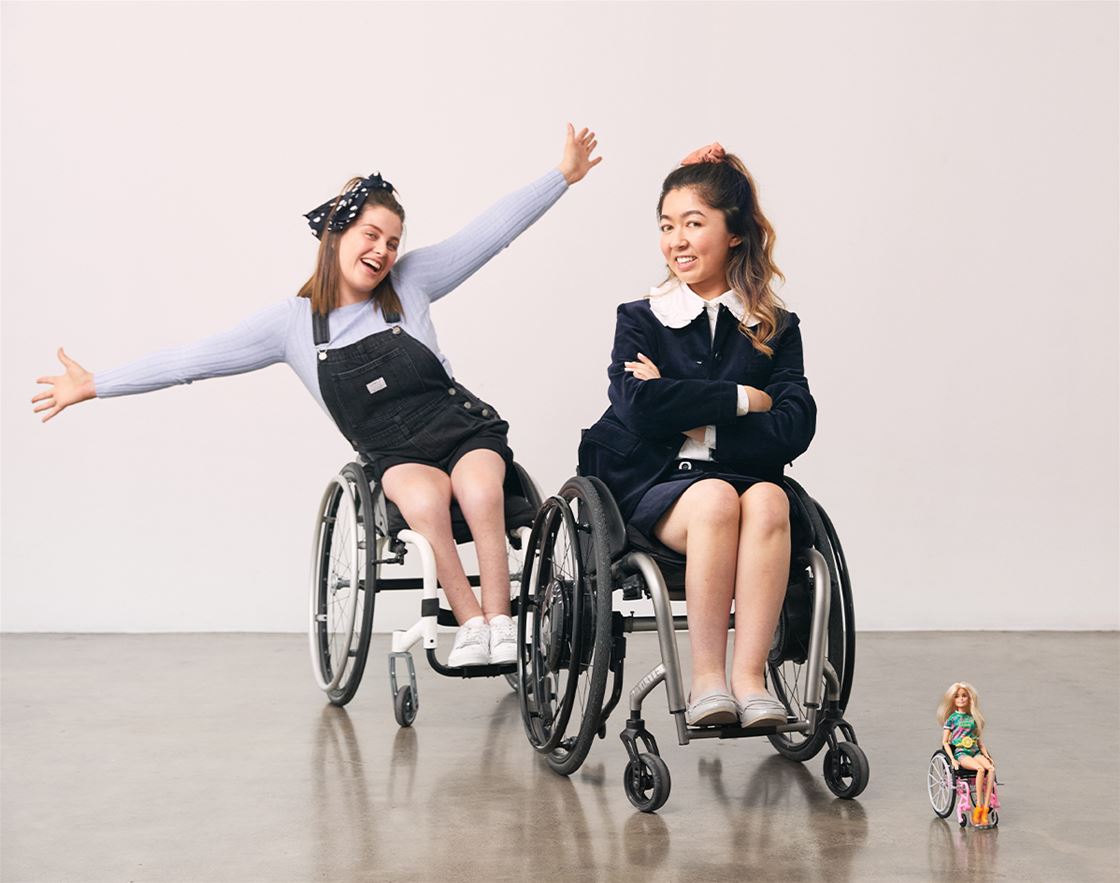
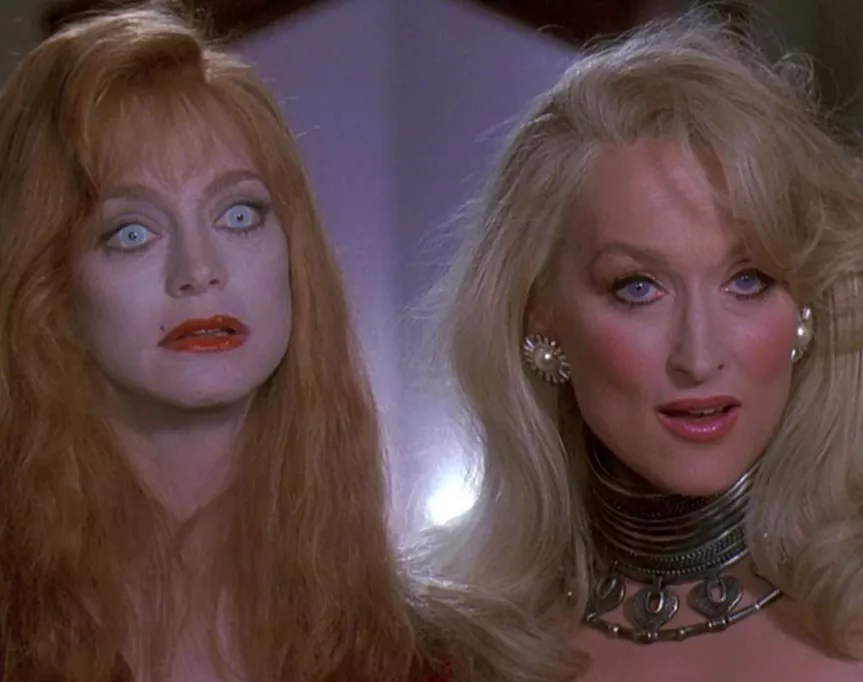
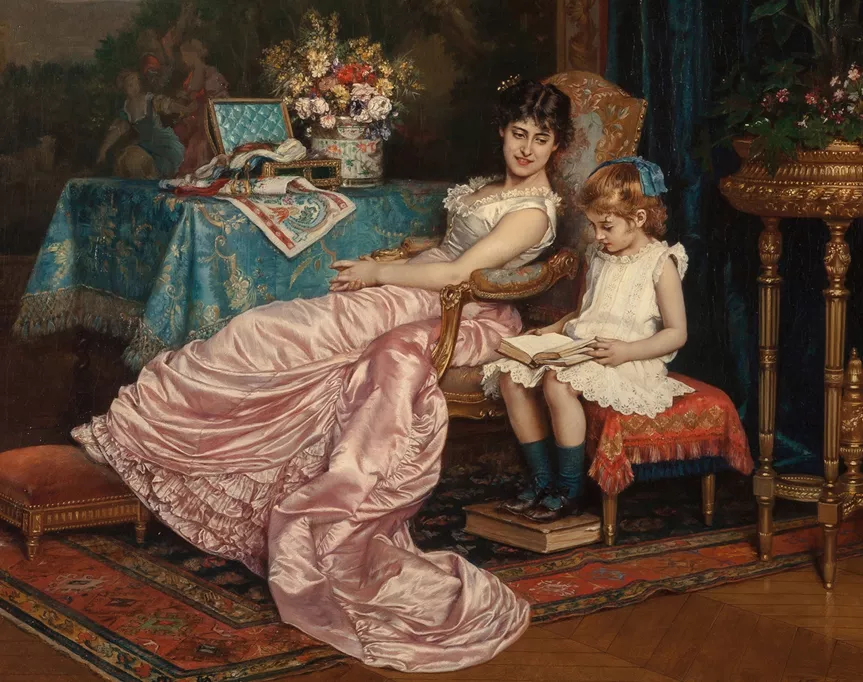
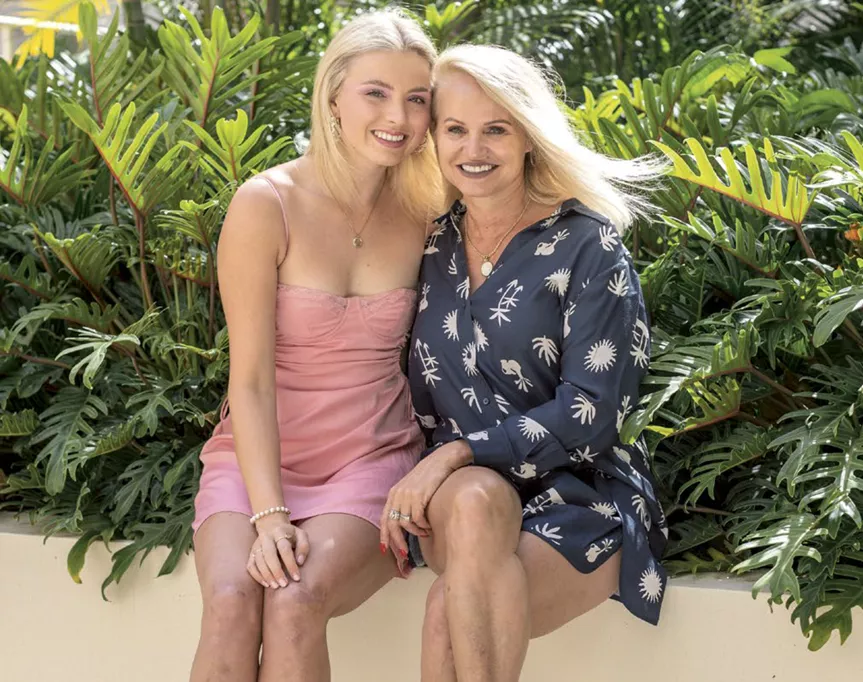
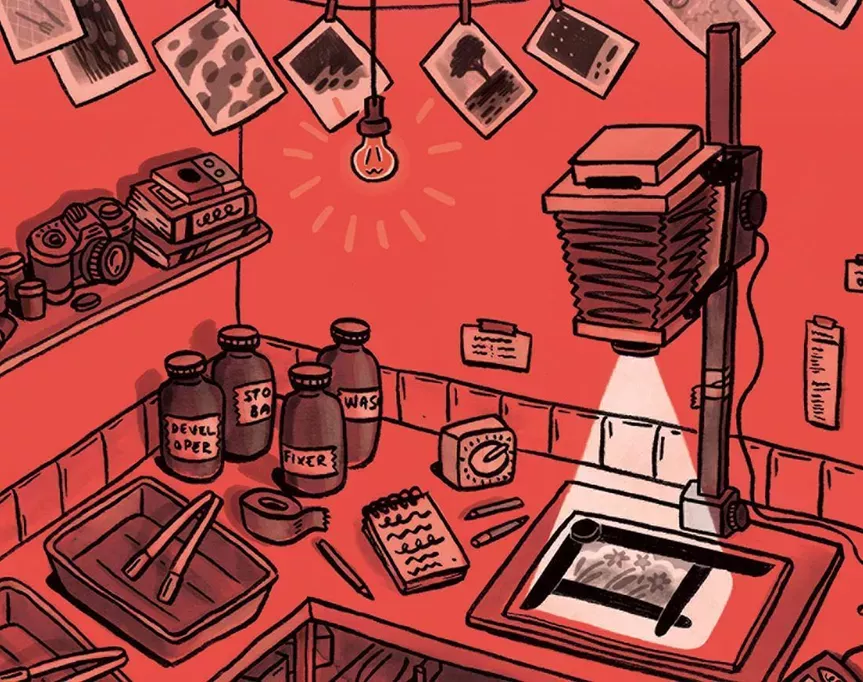

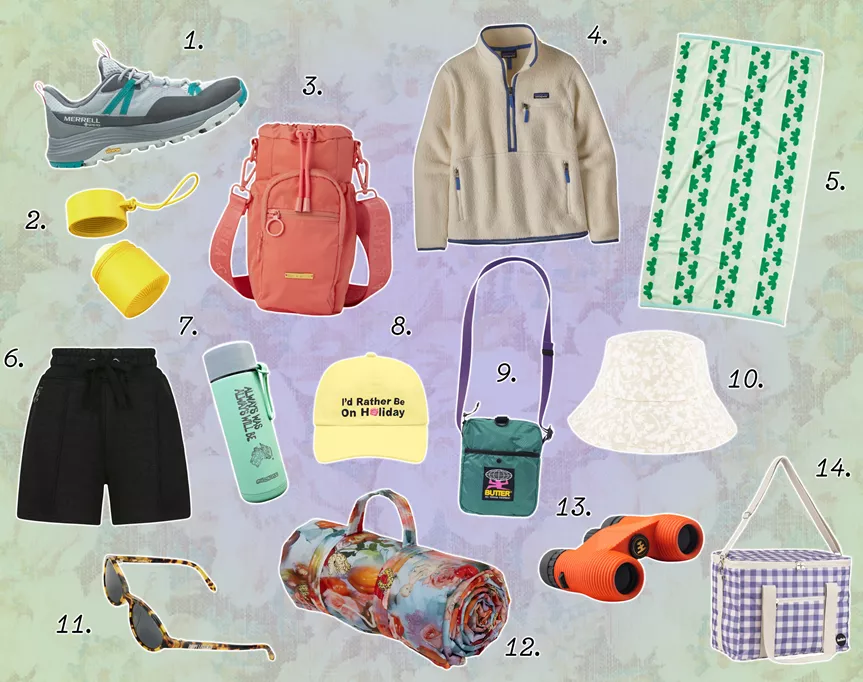
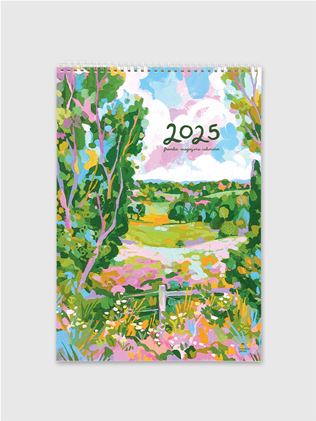
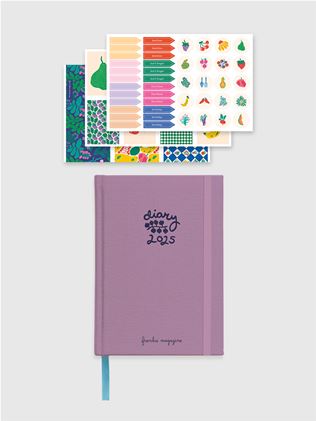
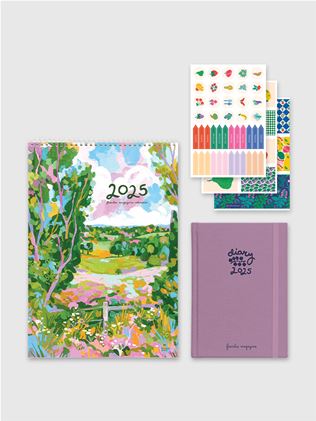
.jpg&q=80&w=316&c=1&s=1)


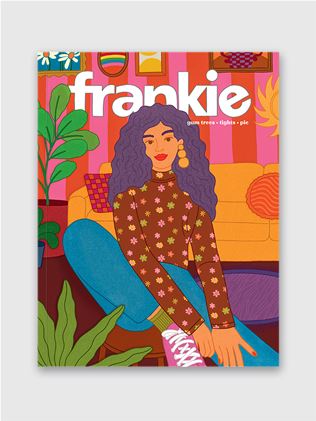
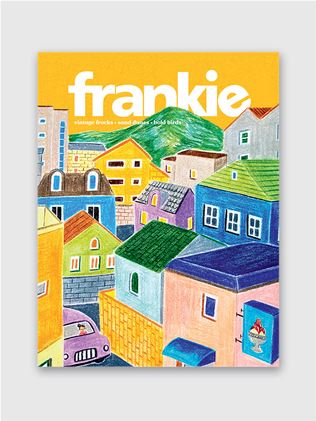


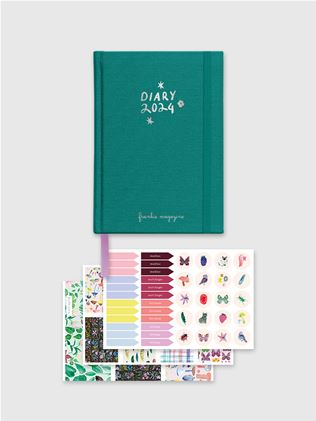



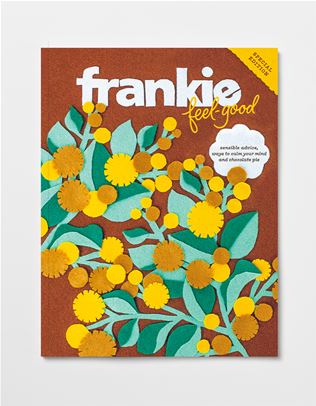






.jpg&q=80&w=316&c=1&s=1)










